Infertility in Racing Pigeons: Causes, Effects, and Proven Solutions
When it comes to breeding top-performing racing pigeons, every loft owner dreams of strong hatch rates and genetically gifted offspring. But infertility in racing pigeons can quietly derail even the most well-planned breeding programs. Whether you’re a seasoned fancier or just starting out, understanding the causes of infertility and how to effectively address them is crucial to sustaining a successful loft.
In this comprehensive guide, we’ll explore the major reasons behind infertility in racing pigeons, the signs to watch for, and the most effective treatments and management practices to restore reproductive health and optimize future breeding seasons.
What Is Infertility in Racing Pigeons?
Infertility refers to the inability of breeding pairs to produce viable eggs or offspring. In racing pigeons, this can manifest in several ways:
- No eggs laid
- Thin or cracked eggshells
- Infertile eggs that do not develop embryos
- High embryo mortality
- Poor hatch rates despite mating activity
This issue not only reduces the size of your young bird team but also wastes time, feed, and valuable breeding potential.
Common Causes of Infertility in Racing Pigeons
1. Poor Diet and Nutritional Deficiency
Nutrition plays a direct role in the reproductive success of pigeons. A diet lacking in key vitamins and minerals—especially vitamins A, E, D3, calcium, and selenium—can impair fertility in both males and females. Insufficient protein and fatty acids also contribute to reduced egg production and poor sperm quality.
2. Age-Related Fertility Decline
Just like in many other animals, fertility in pigeons tends to decline with age. Hens older than 7 years and cocks over 10 years are more likely to produce infertile eggs or experience reduced mating success. While older pigeons can still breed, results are often inconsistent.
3. Undiagnosed Infections
Infections like salmonella, E. coli, mycoplasma, and paratyphoid are notorious for interfering with reproductive systems. These diseases can reduce sperm viability, cause egg abnormalities, or result in early embryo death. Often, these infections go unnoticed until there is a pattern of infertility.
4. Genetic Incompatibility Between Mating Pairs
Not all pigeons are genetically compatible. Breeding pairs that lack biological or behavioral chemistry may not mate effectively, or their offspring may have low vitality. While rare, this is still a factor worth considering when diagnosing fertility issues.
5. Environmental Stress
Stressors such as overcrowding, poor lighting, extreme temperatures, or loft disturbances can affect hormone levels and reproductive behavior. Pigeons under stress may abandon eggs or refuse to mate entirely.
6. Poor Loft Hygiene
A dirty loft can harbor bacteria, parasites, and fungi that directly impact reproductive organs or overall bird health. Persistent exposure to ammonia, for example, can lower reproductive efficiency.
How to Identify Fertility Problems in Your Loft
Spotting infertility early gives you a head start in resolving it. Here are common signs that your birds may be experiencing reproductive problems:
- Pairs not mating despite being housed together
- Empty nests or missing eggs
- Soft-shelled or cracked eggs
- Dead-in-shell embryos
- Multiple infertile eggs over several rounds
- Hens or cocks acting lethargic or disinterested
- Proven Treatment and Prevention Strategies
1. Improve Nutritional Balance
Start by ensuring your breeding birds receive a balanced diet. Use a high-quality breeding mix, and supplement with:
- Vitamin A: For egg development and reproductive tract health
- Vitamin E & Selenium: Boosts fertility and sperm quality
- Calcium & Vitamin D3: For strong eggshells and embryo growth
- Omega-3 Fatty Acids: Enhances hormone production and reproductive health
Recommended Product: PHP Breeding Boost a tailored supplement packed with fertility-enhancing vitamins, minerals, and amino acids.
2. Use Fertility Boosters Strategically
Fertility boosters work best when introduced 2-4 weeks before the breeding season. They help improve libido, sperm motility, and overall reproductive function.
- For hens: Boost egg production and improve egg quality
- For cocks: Increase sperm count and vitality
3. Treat Infections Early and Regularly
If infertility persists across multiple pairs or rounds, consult a veterinarian. They may recommend testing droppings or blood samples to identify infections.
- Broad-spectrum antibiotics (e.g., doxycycline, enrofloxacin) may be prescribed
- Probiotics and immune boosters can help birds recover and prevent recurrence
Regular health checks between breeding rounds can prevent the silent spread of diseases.
4. Rotate or Replace Breeding Pairs
If a pair repeatedly produces infertile eggs, try pairing them with different mates. This helps identify whether the problem lies with one of the birds or their compatibility.
Older breeders should be retired if fertility fails to recover after supportive care.
5. Optimize Loft Conditions
Create a calm, clean, and comfortable loft environment by:
- Maintaining consistent daylight hours (12-14 hours/day)
- Keeping temperature stable and avoiding drafts
- Cleaning nest boxes and perches regularly
- Using absorbent bedding to reduce ammonia
- Avoiding excessive handling during mating season
6. Observe and Record Breeding Results
Track each breeding pair’s results in a journal or digital log. Document egg laying dates, hatch rates, and chick health. Over time, this helps you identify high-performing breeders and spot problems early.
Long-Term Strategies for a Fertile Loft
Success in racing pigeon breeding is not just about quick fixes—it’s about sustainable practices. Here are a few long-term steps:
- Cull birds with chronic fertility problems to maintain a genetically strong loft
- Quarantine new birds before introducing them to the breeding loft
- Vaccinate against common infections that affect reproduction
- Breed during optimal seasons when temperature and light are favorable
- Rest breeders after every 2-3 rounds to prevent burnoutConclusion
Infertility in racing pigeons can be frustrating, but it’s rarely irreversible. With the right diet, infection control, and loft management, you can significantly improve fertility rates and raise stronger, more competitive offspring.
By taking proactive steps and using targeted supplements like PHP Breeding Boost, your loft can thrive with a new generation of racers ready to dominate the skies.


